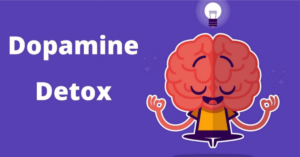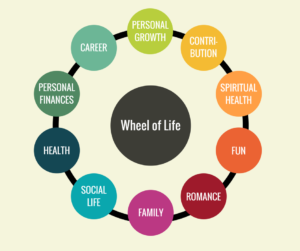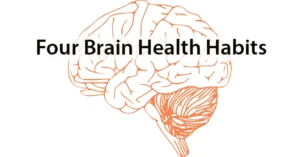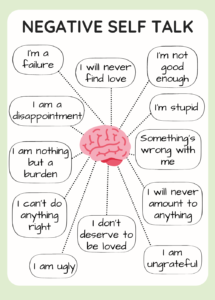The human body operates on a finely tuned internal clock...
Is Imposter Syndrome Actually Useful?
Imposter syndrome, characterized by feelings of inadequacy and self-doubt despite evidence of accomplishments, is a pervasive phenomenon that affects individuals across diverse fields and professions. while often perceived as hindrance to success and well-being, emerging research suggests that imposter syndrome may harbor hidden benefits for mental health and personal growth.
Delving into the neuropsychiatric dimensions of imposter syndrome offers nuanced perspective on its underlying mechanisms and potential utility in fostering resilience and self-awareness.
Imposter syndrome manifests as a persistent fear of being exposed as a fraud, despite external validation of one’s competence and achievements. Individuals experiencing imposter syndrome often attribute their successes to luck or external factors rather than internal capabilities, leading to chronic feeling of self-doubt and anxiety. Neuropsychiatric research has elucidated the cognitive biases and neural mechanisms underlying imposter syndrome, including heightened self-monitoring, perfectionism and hyperactivation of brain regions associated with social evaluation and emotional processing.
Imposter syndrome interacts with various aspects of mental health, including anxiety, depression and perfectionism. While chronic feelings of inadequacy and self-doubt can contribute to psychological distress and impaired functioning, moderate levels of imposter syndrome may serve as a catalyst for personal growth and resilience. Psychotherapeutic interventions such as cognitive-behavioral therapy (CBT) and acceptance and commitment therapy (ACT), aim to challenge maladaptive thought patterns and cultivate self-compassion, self-efficacy and adaptive coping strategies in individuals grappling with imposter syndrome.
Embracing imposter syndrome as a catalyst for personal and professional development involves reframing negative self-perceptions and embracing vulnerability as a pathway to authenticity and growth. Cultivating a growth mindset, characterized by a belief in one’s capacity for learning and improvement, can mitigate the detrimental effects of imposter syndrome and foster resilience in the face of setbacks and challenges.
Moreover, fostering a supportive and validating environment that encourages open dialogue about imposter feeling can empower individuals to confront and transcend their insecurities, unlocking their full potential and embrace their unique strengths.
While imposter syndrome is commonly regarded as a barrier to success and well-being, emerging evidence suggests that it may confer certain advantages in terms of motivation, Conscientiousness, and self-reflection. Individuals with imposter syndrome often exhibit a drive for excellence and a commitment to continuous learning and self-improvement, propelling them to strive for higher levels of achievement.
Moreover, the discomfort and self-awareness elicited by imposter syndrome may foster humility, empathy and authenticity in interpersonal relationships, enhancing social connectedness and emotional intelligence.
Imposter syndrome, often viewed through a lens of self-criticism and inadequacy, harbors nuanced neuropsychiatric implications that extend beyond its perceived drawbacks. By understanding the cognitive biases and neural mechanism underlying imposter syndrome, individuals can harness its potential as catalyst for personal growth, resilience and self-awareness.
As we continue to unravel the complexities of imposter syndrome in the context of mental health, fostering a culture of self-compassion, authenticity and growth mindset stands as a cornerstone of promoting well-being and fulfillment in individuals grappling with imposter feelings.






